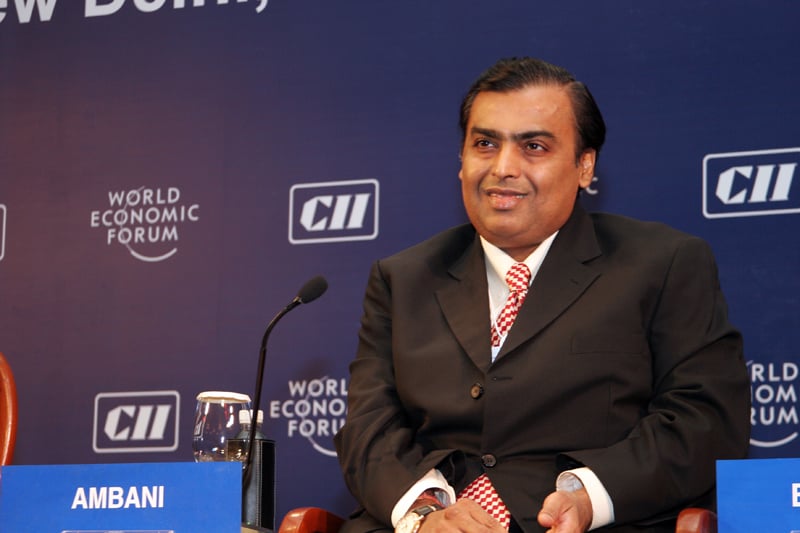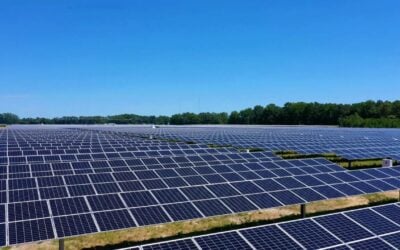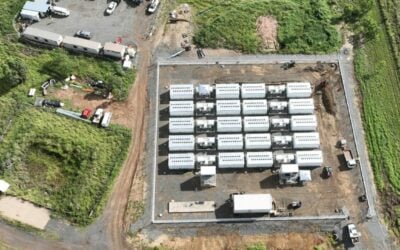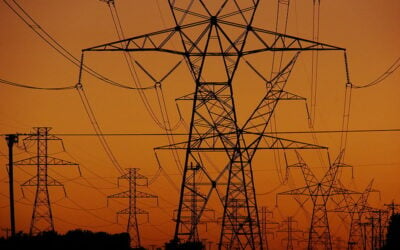
Reliance New Energy Limited, part of the massive Indian conglomerate Reliance Industries, has acquired LFP battery manufacturer Lithium Werks for US$61 million two months after buying a sodium-ion battery producer.
Reliance has agreed to buy all of the assets of Lithium Werks which produces lithium iron phosphate (LFP) batteries. The assets include its entire patent portfolio, manufacturing facilities in China, key business contracts and hiring of existing employees as a going concern.
Enjoy 12 months of exclusive analysis
- Regular insight and analysis of the industry’s biggest developments
- In-depth interviews with the industry’s leading figures
- Annual digital subscription to the PV Tech Power journal
- Discounts on Solar Media’s portfolio of events, in-person and virtual
Or continue reading this article for free
It follows hot on the heels from Reliance’s acquisition of sodium-ion battery technology firm Faradion for an enterprise value of US$135 million. The Lithium Werks deal is being presented as an acquisition of assets rather than the company itself through a share purchase, though it appears to mean effectively the same thing.
The Indian conglomerate says the combination of the two further strengthens its technology portfolio and establish an end-to-end battery ecosystem with the manufacture of key supply chain materials and cells. This will allow it to produce batteries consisting of different chemistries for various applications across energy storage and mobility and battery module systems.
“Along with Faradion, Lithium Werks will enable us to accelerate our vision of establishing India at the core of developments in global battery chemistries and help us provide a secure, safe and high-performance supply chain to the large and growing Indian EV and Energy Storage markets,” said Mr. Mukesh Ambani, Chairman of Reliance Industries Limited, India’s largest company by market capitalisation.
The company said at the time that it might use Faradion’s sodium-ion technology for its fully-integrated energy storage gigafactory in Jamnagar, India, though was not as specific about what it would do with Lithium Werks’ product as yet.
LFP is increasingly being adopted by the energy storage industry, thanks largely to lower fire risk and fewer supply chain issues versus nickel manganese cobalt (NMC) chemistry while its lower energy-density is less of an issue than for EVs. That said, raw materials price rises, particularly for lithium carbonate, have seen even LFP costs rise in the past few months.
The sector is set to grow in India substantially in the coming years with 27GW/108GWh of battery storage needed by 2029/30 according to the country’s Central Electricity Authority. To facilitate this, the Ministry of Power last week issued new guidelines for procuring BESS as assets for generation, transmission and distribution and ancillary services.
And the appetite for storage was demonstrated in January when a government scheme to support domestic battery manufacturing received bids totalling 130GWh of proposals, more than double the 50GWh of capacity the incentive will support.
Reliance is not the first conglomerate to make inroads into the EV and energy storage-focused battery space through sizeable acquisitions. Transport, industry and defense-specialised BESS supplier Saft was bought by French energy group Total (now TotalEnergies) back in 2016.
Last year, automative giant Borg Warner bought German vehicle battery pack maker AKASOL while Tesla acquired Colorado-based SilLion which had been working on a high-loading silicon anode and electrode technology for battery cells.
It is Reliance’s seventh acquisition in the renewable energy space since September, most of which have been in the solar energy space which you can read about on our sister site PV Tech.






